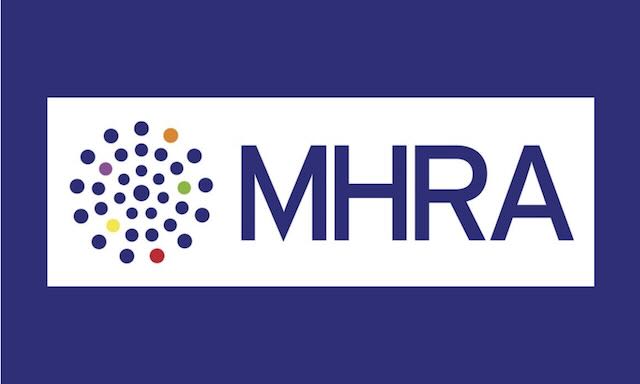
Don’t worry it’s Safe & Effective!
For public record, we are publishing the letter received from MHRA regarding the decision to vaccinate children.
To: Dr Rosamond Jones, 4th June 2021
From: Medicines & Healthcare products Regulatory Agency, 10 South Colonnade Canary Wharf London, E14 4PU, United Kingdom; +44 (0) 20 3080 6000; gov.uk/mhra
Dear Dr Jones,
Use of COVID-19 vaccines in children and young people
Thank you for your email of 17th May 2021 and for your letter setting out your concerns surrounding use of COVID-19 vaccines in children.
It may be helpful to first outline the regulatory position. The approval of the Pfizer/BioNTech COVID-19 vaccine on 2nd December 2020 was for people aged 16 years and over. Since then substantial experience has been gathered on effectiveness and safety. The results of randomised, placebo- controlled clinical trials in over 2000 children aged 12 to 15 years have now been rigorously reviewed by our teams of scientific and clinical assessors. In terms of efficacy, there were no cases of COVID-19 from 7 days after dose 2 in the vaccinated group compared with 16 cases in the placebo group. In addition, neutralising antibodies were examined in approximately 200 children, and the data showed the vaccine working at the same level as seen in adults aged 16-25 years. Taken together, efficacy and immunogenicity data strongly support a positive benefit in adolescents 12-15 years of age for the same two-dose regimen as in adults.
The data on the safety of the vaccine in the 12 to 15 year olds have also been reviewed carefully. No new adverse events were identified and the safety data in adolescents was comparable with that seen in young adults. As in the young adults, the majority of adverse events were mild to moderate and related to reactogenicity. These data have recently been published by the company in the New England Journal of Medicine paper, ‘Safety, Immunogenicity, and Efficacy of the BNT162b2 Covid-19 Vaccine in Adolescents’: Safety, Immunogenicity, and Efficacy of the BNT162b2 Covid-19 Vaccine in Adolescents
We have sought independent advice from the Commission on Human Medicines and its Paediatric Medicines Expert Advisory Group, who concluded that the expected standards of safety, quality and effectiveness have been met in this age group and that the benefits outweigh any risks. On this basis the Pfizer/BioNTech vaccine has now been approved for use in children aged 12-15 years and you will no doubt have seen today’s announcement from MHRA.
Whether 12 to 15 year-old children will be included in the UK vaccination programme will be for the Government to decide and they will call on the Joint Committee on Vaccination and Immunisation (JCVI) to advise them. There are a broad range of considerations to take into account which go beyond the regulatory role and remit of the MHRA.
We have in place a program of proactive surveillance to monitor the medium and long-term safety profile of COVID-19 vaccines in adults and, depending on policy decisions, in the paediatric population. In this program our scientific and clinical teams will proactively identify any potential age-specific risks relevant to children and adolescents We will also use global data sources for continuously collecting important safety data on COVID-19 vaccines in the paediatric population. In addition, several Post Authorisation Safety Studies will also collect long term safety data.
We note the ethical debate around the use of any vaccine or medicine in the paediatric population while evidence on the benefit:risk profile is still accumulating. A number of international COVID-19 vaccine clinical trials in children and adolescents have been approved by ethics committees globally. These trials have recruited a significant number of children, indicating that families and more importantly children and adolescents themselves have been informed and expressed their consent or assent to receiving the vaccines, generating much-needed safety and efficacy data. Subjects in clinical trials will continue to be monitored for long-term protection and safety for two years after vaccination.
I hope this helps clarify our regulatory responsibilities and our independent role in ensuring that the balance of benefits and risks remains positive for COVID-19 vaccines in relation to their approved use.
Yours sincerely,
